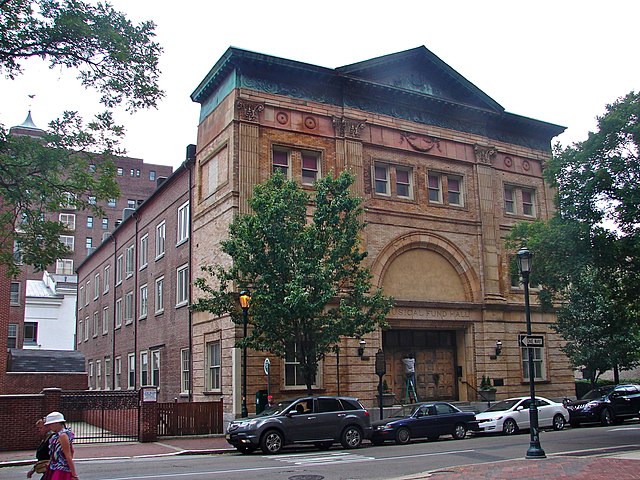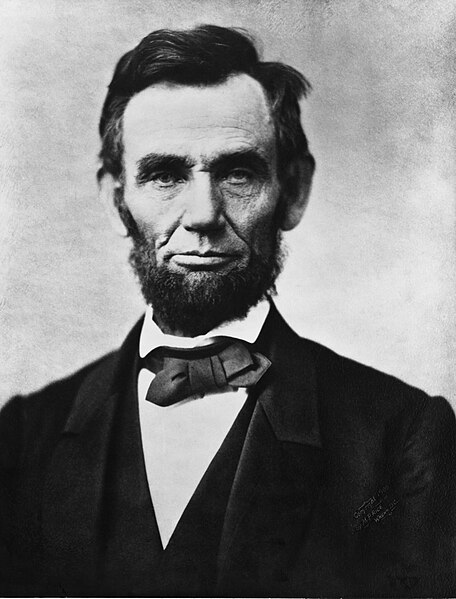Nathaniel Prentice Banks was an American politician from Massachusetts and a Union general during the Civil War. A millworker by background, Banks became prominent in local debating societies. He entered politics as a young adult. Initially a member of the Democratic Party, Banks's abolitionist views drew him to the nascent Republican Party, through which he won election to the United States House of Representatives and as Governor of Massachusetts in the 1850s. At the start of the 34th Congress, he was elected Speaker of the House in an election that spanned a record 133 ballots taken over the course of two months.
Portrait by Brady-Handy studio, c. 1865–1880
Major General Nathaniel Prentiss Banks of General Staff U.S. Volunteers Infantry Regiment in uniform, with his wife, Mary Theodosia Palmer Banks. From the Liljenquist Family Collection of Civil War Photographs, Prints and Photographs Division, Library of Congress
Banks in 1852, portrait by Southworth and Hawes
John Albion Andrew (portrait by Darius Cobb) succeeded Banks as governor.
Republican Party (United States)
The Republican Party, also known as the GOP, is one of the two major contemporary political parties in the United States. It emerged as the main political rival of the Democratic Party in the mid-1850s.
The Republican Party hosted its first Republican National Convention at Musical Fund Hall at 808 Locust Street in Philadelphia from June 17 to 19, 1856, nominating John C. Frémont as its presidential candidate in the 1856 presidential election.
Charles R. Jennison, an anti-slavery militia leader associated with the Jayhawkers from Kansas and an early Republican politician in the region
Abraham Lincoln, the 16th president (1861–1865) and first Republican to hold the office
Ulysses S. Grant, the 18th president (1869–1877)








